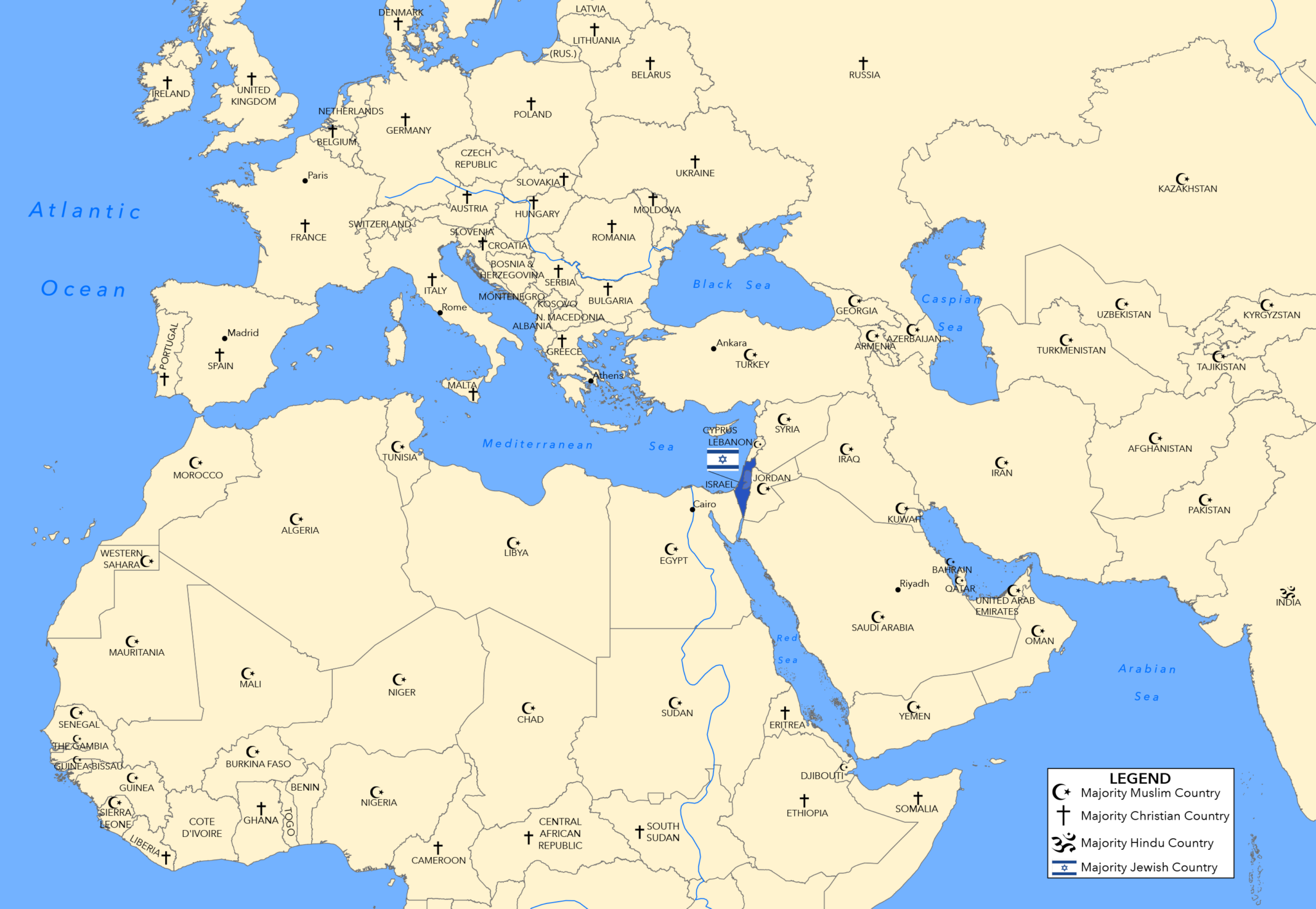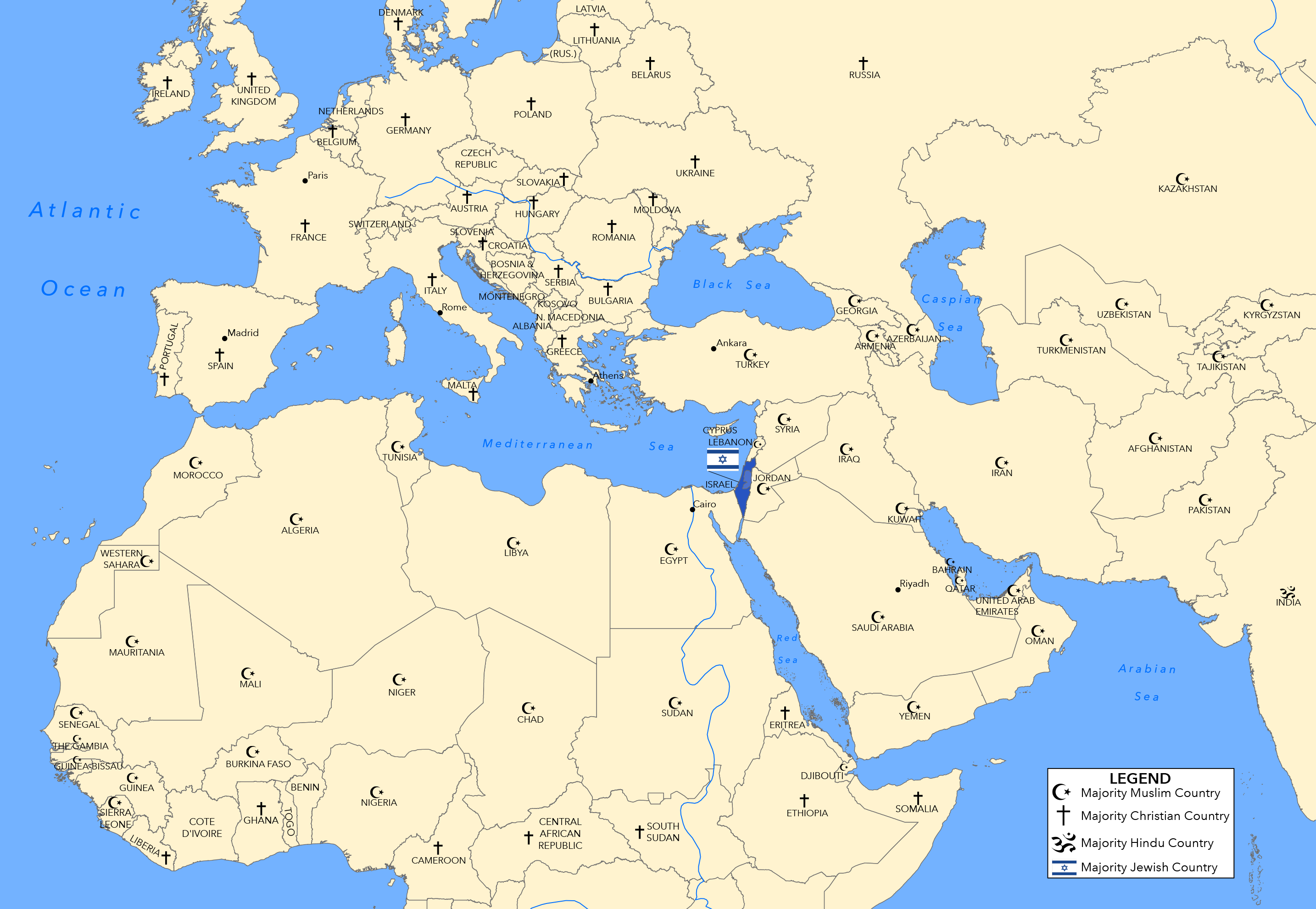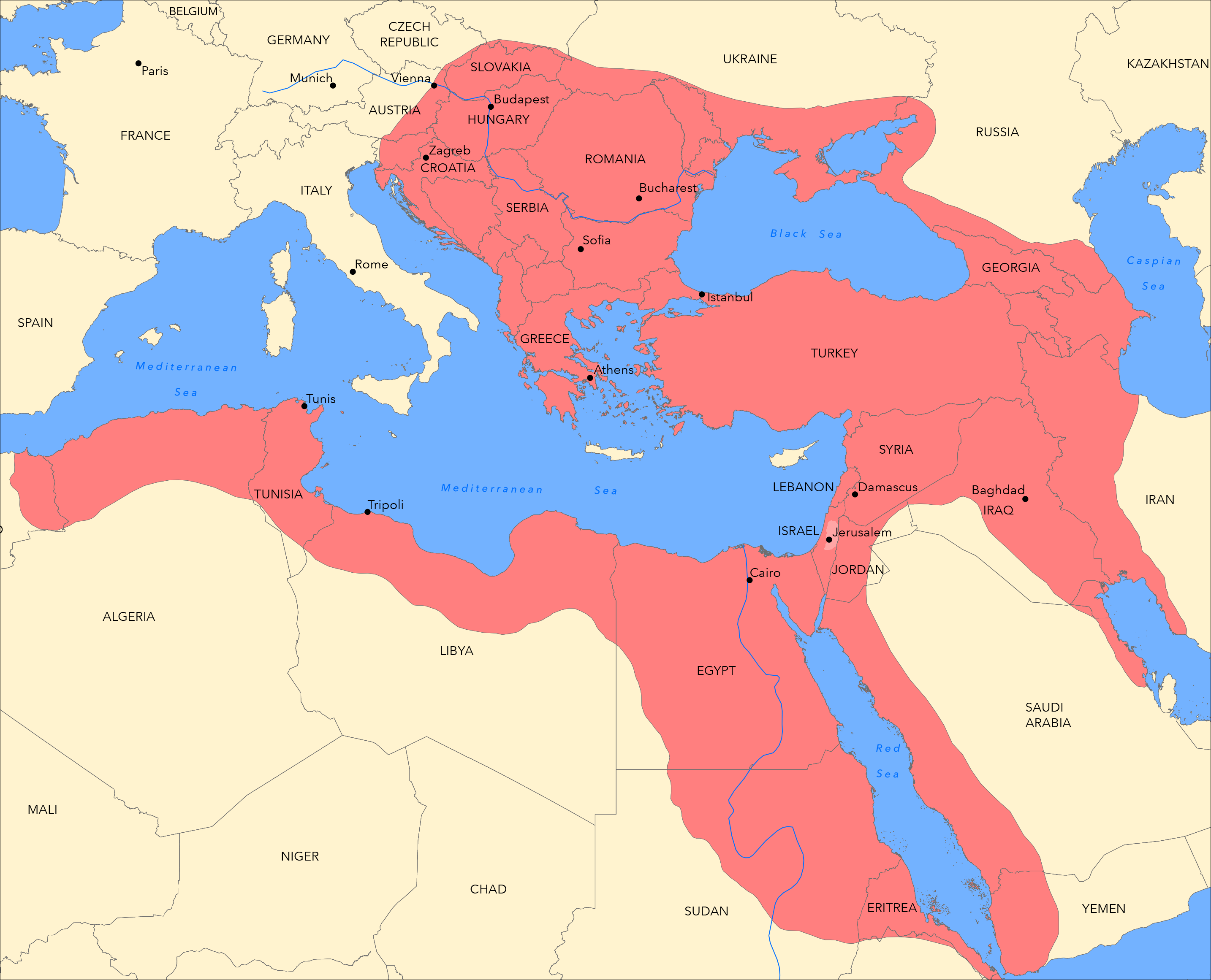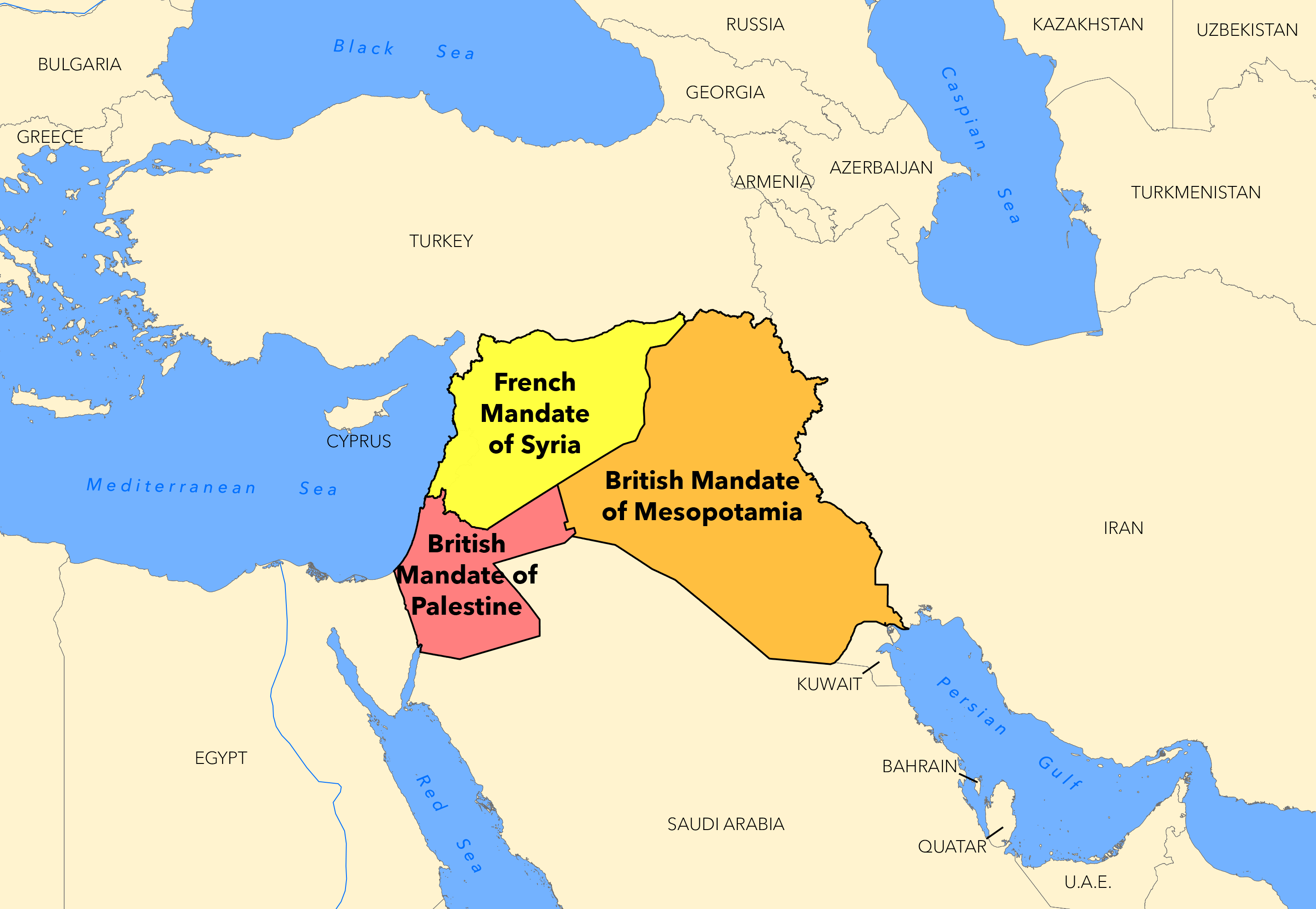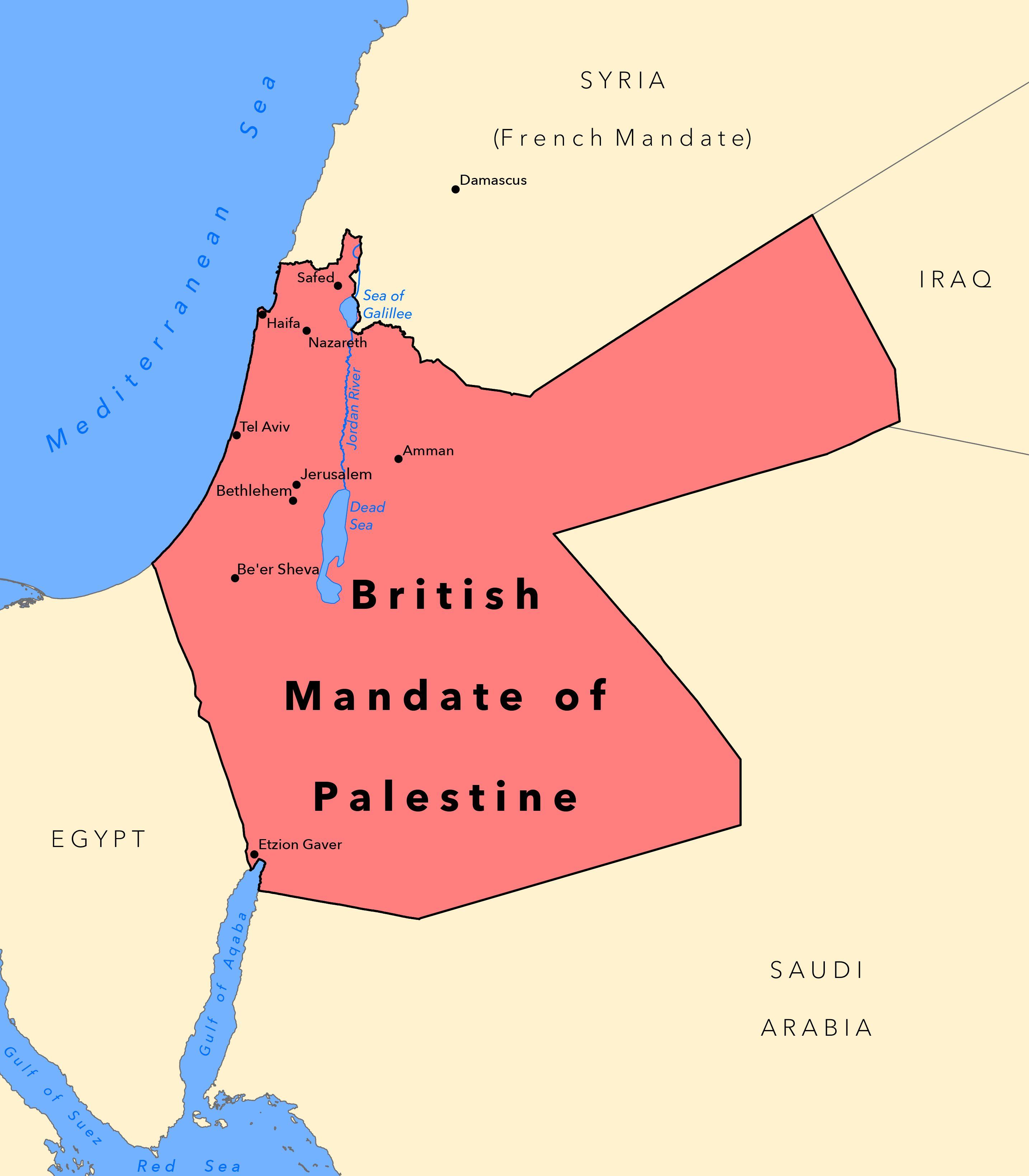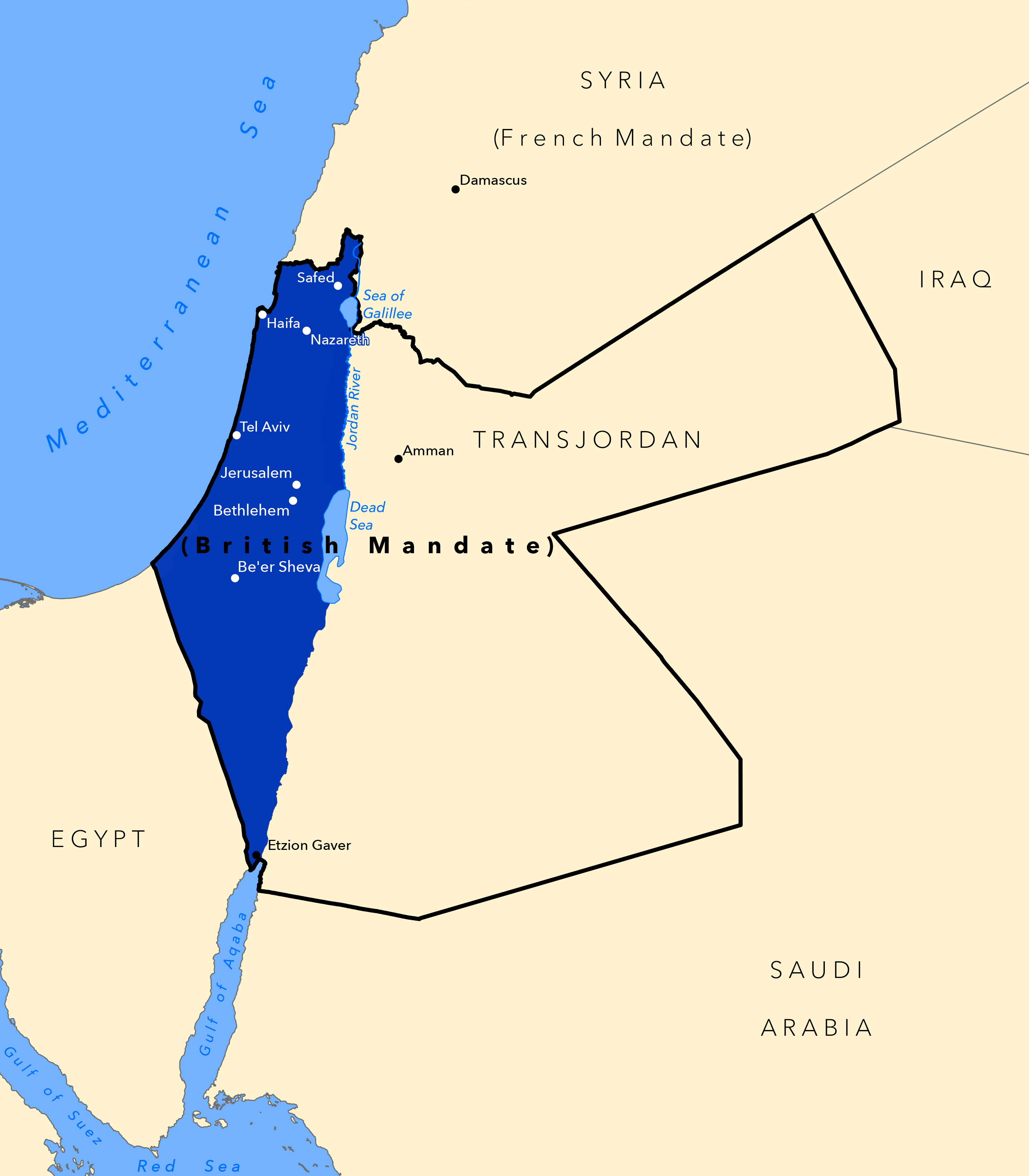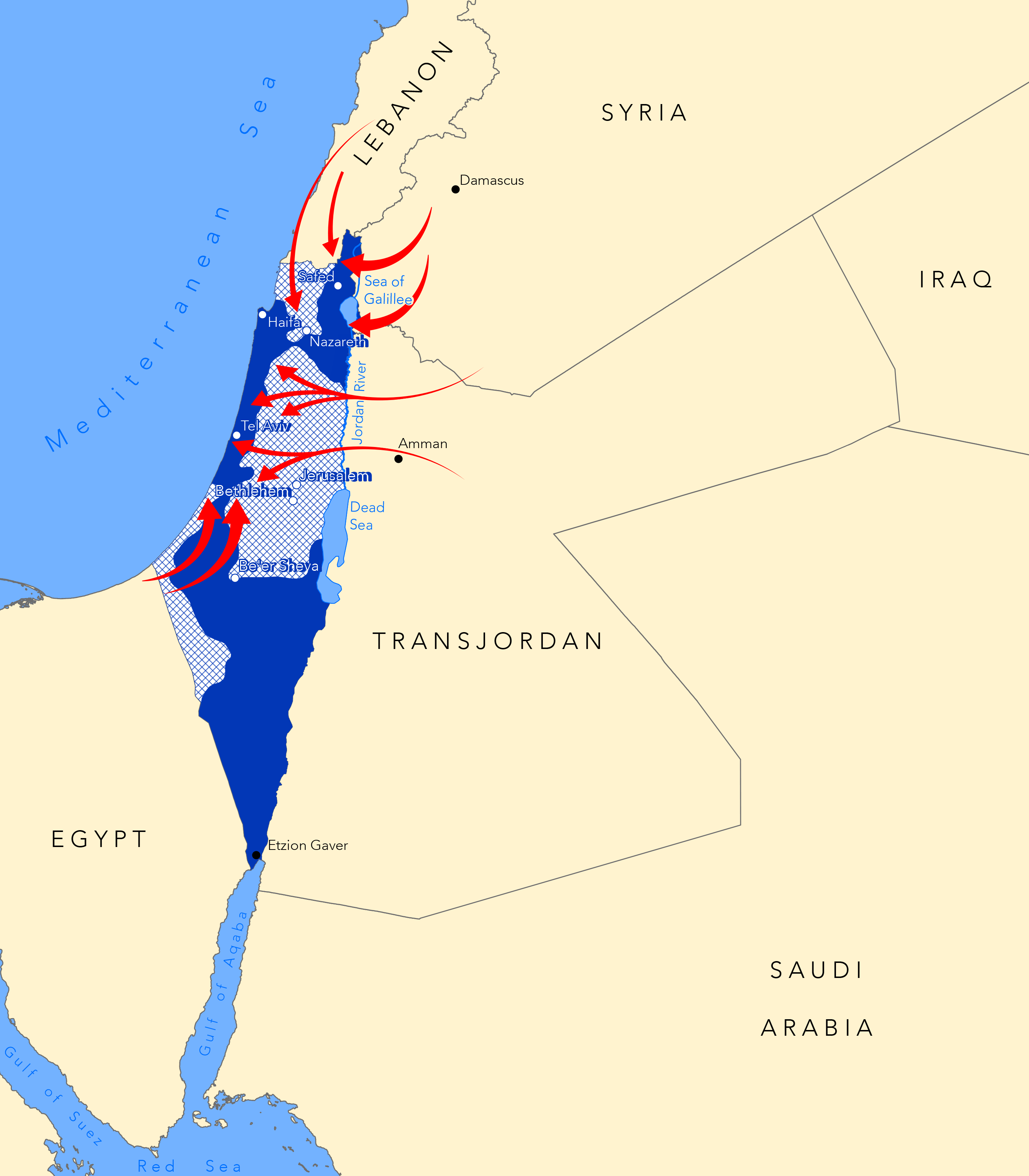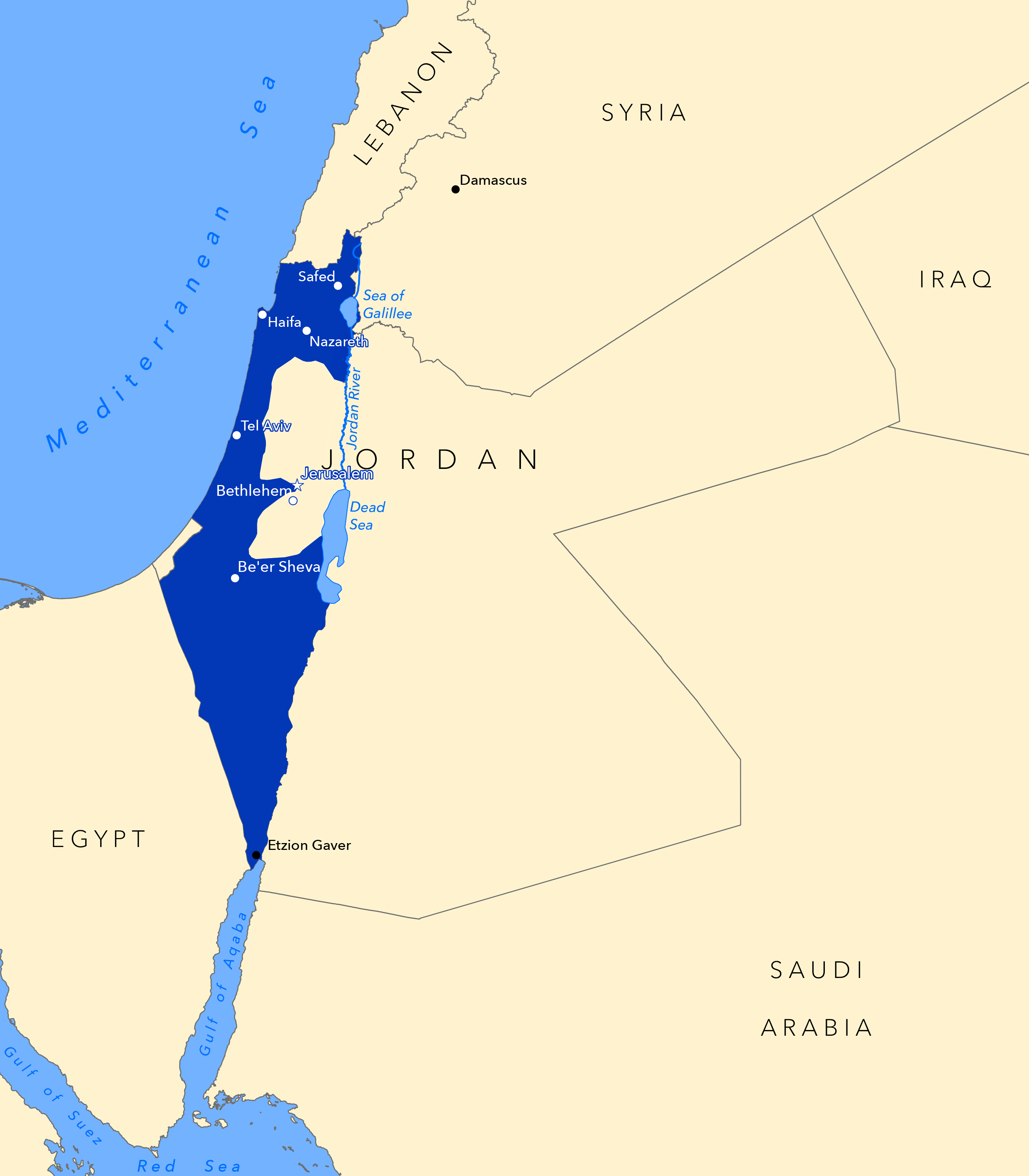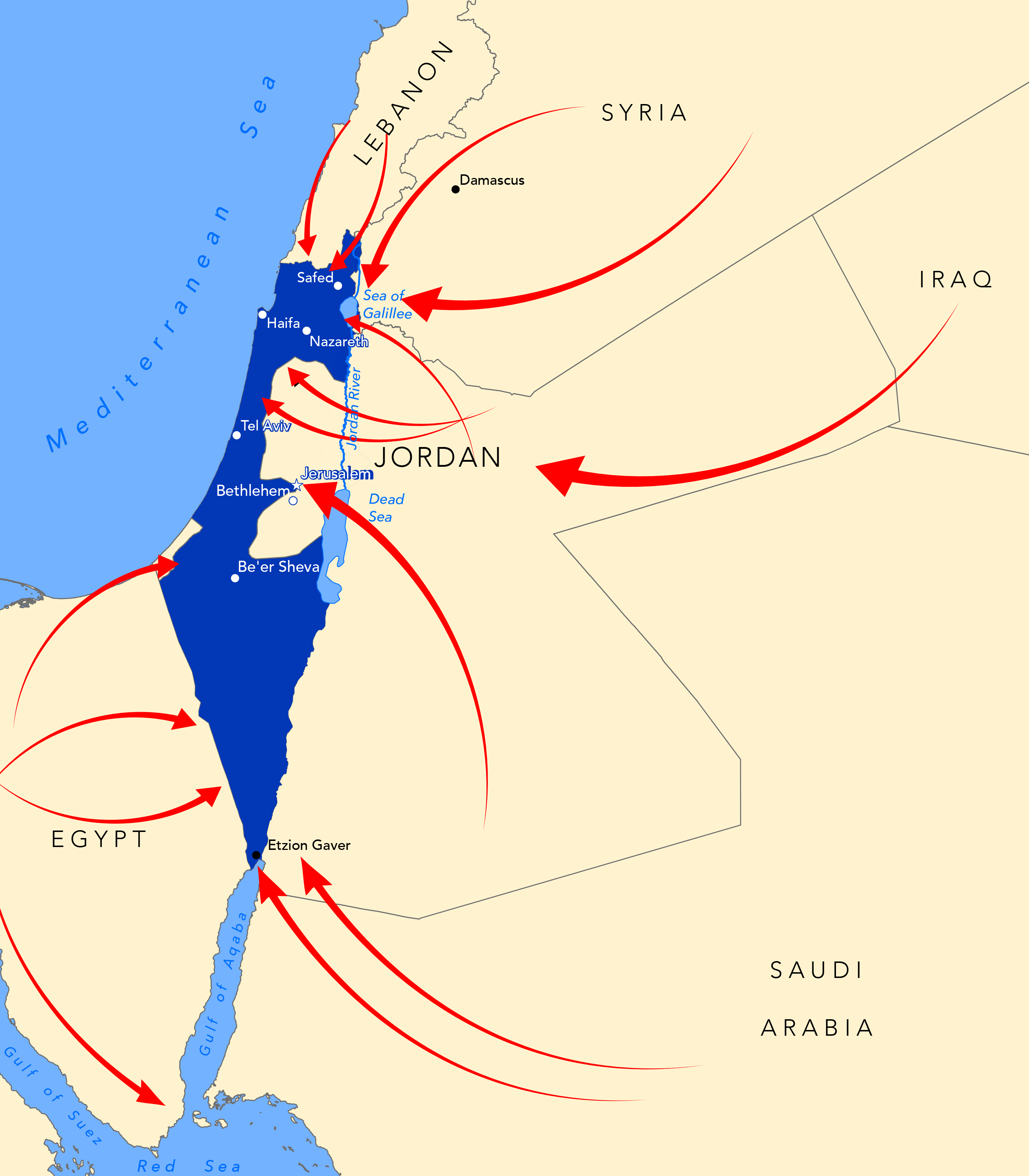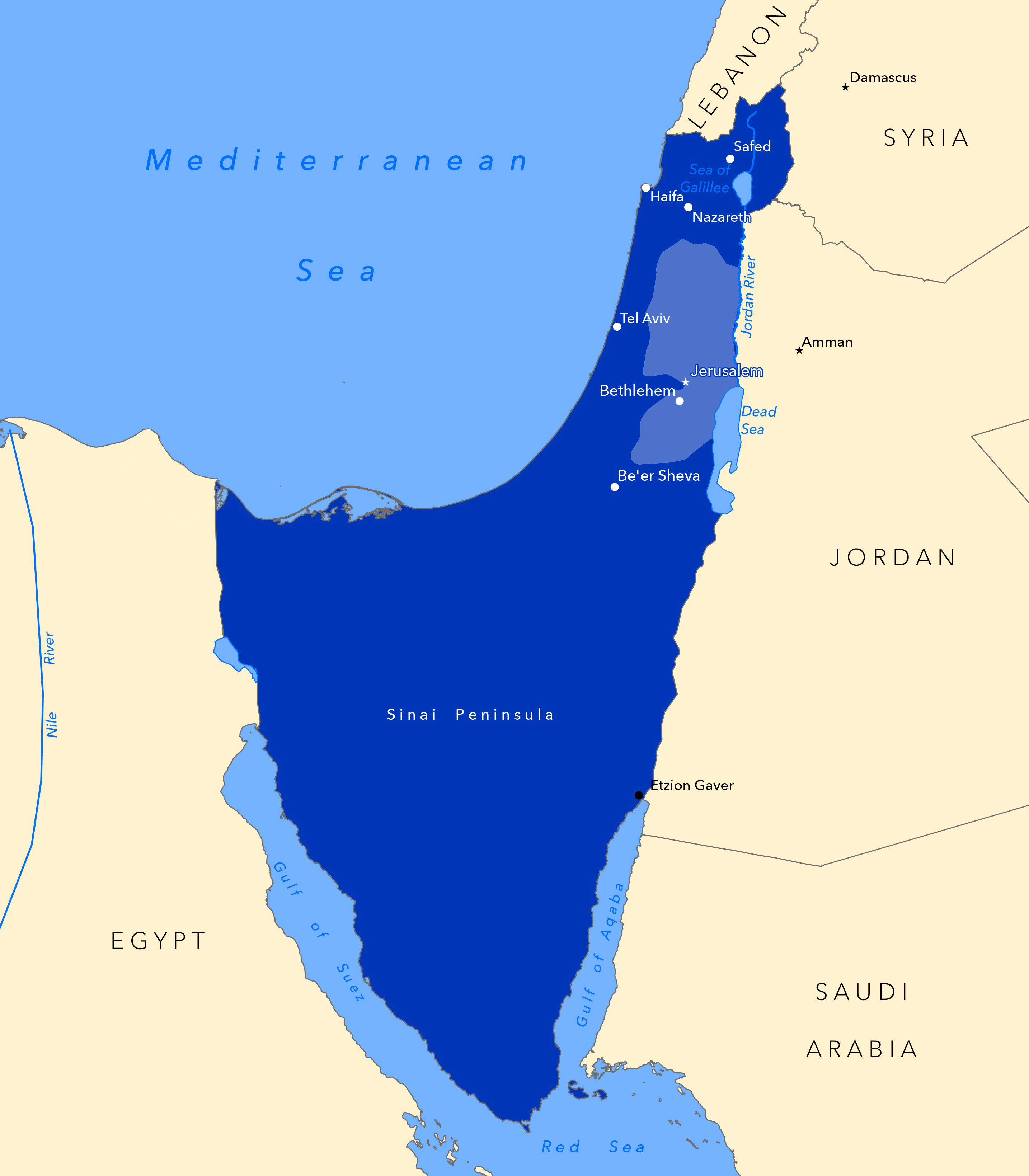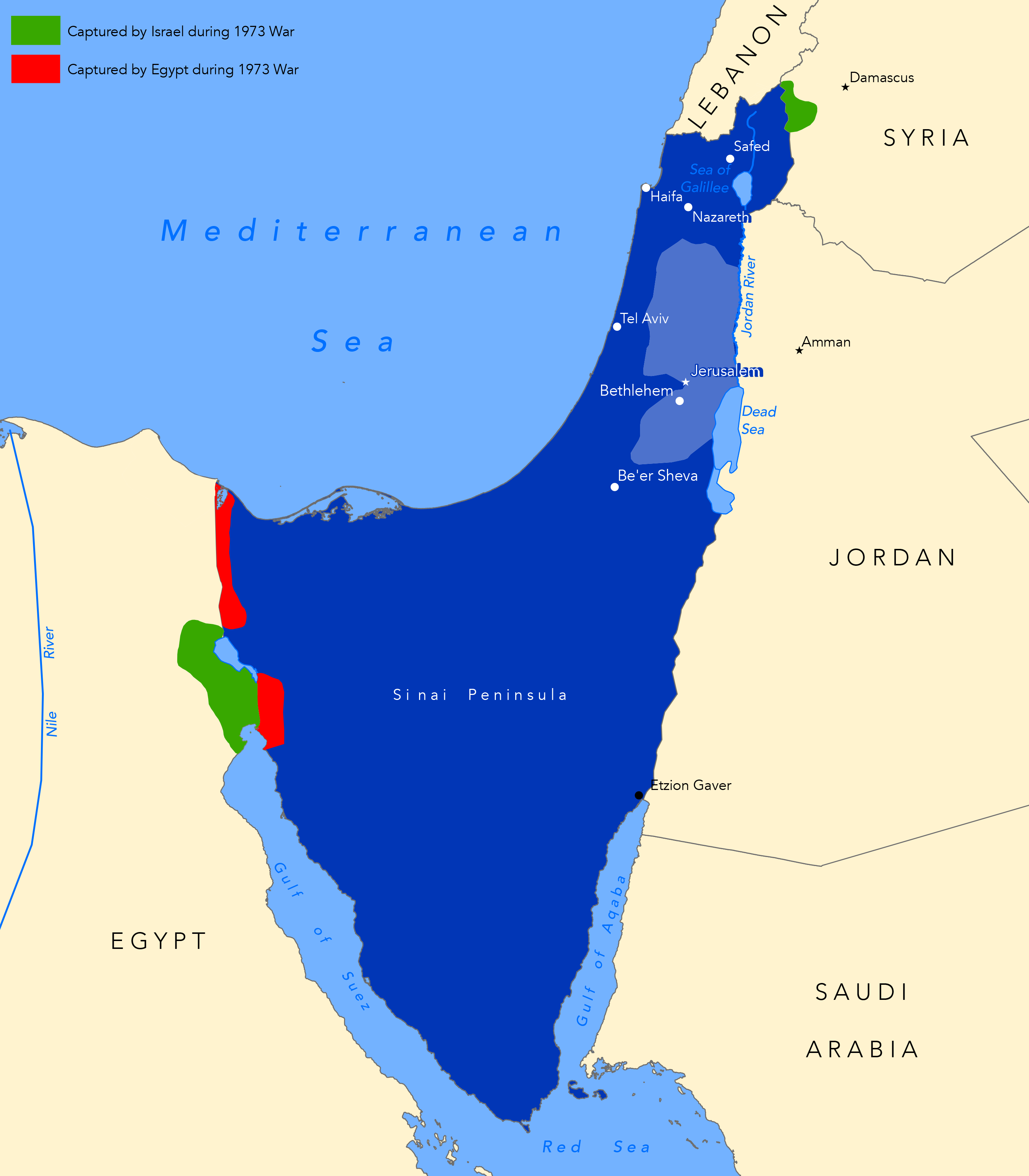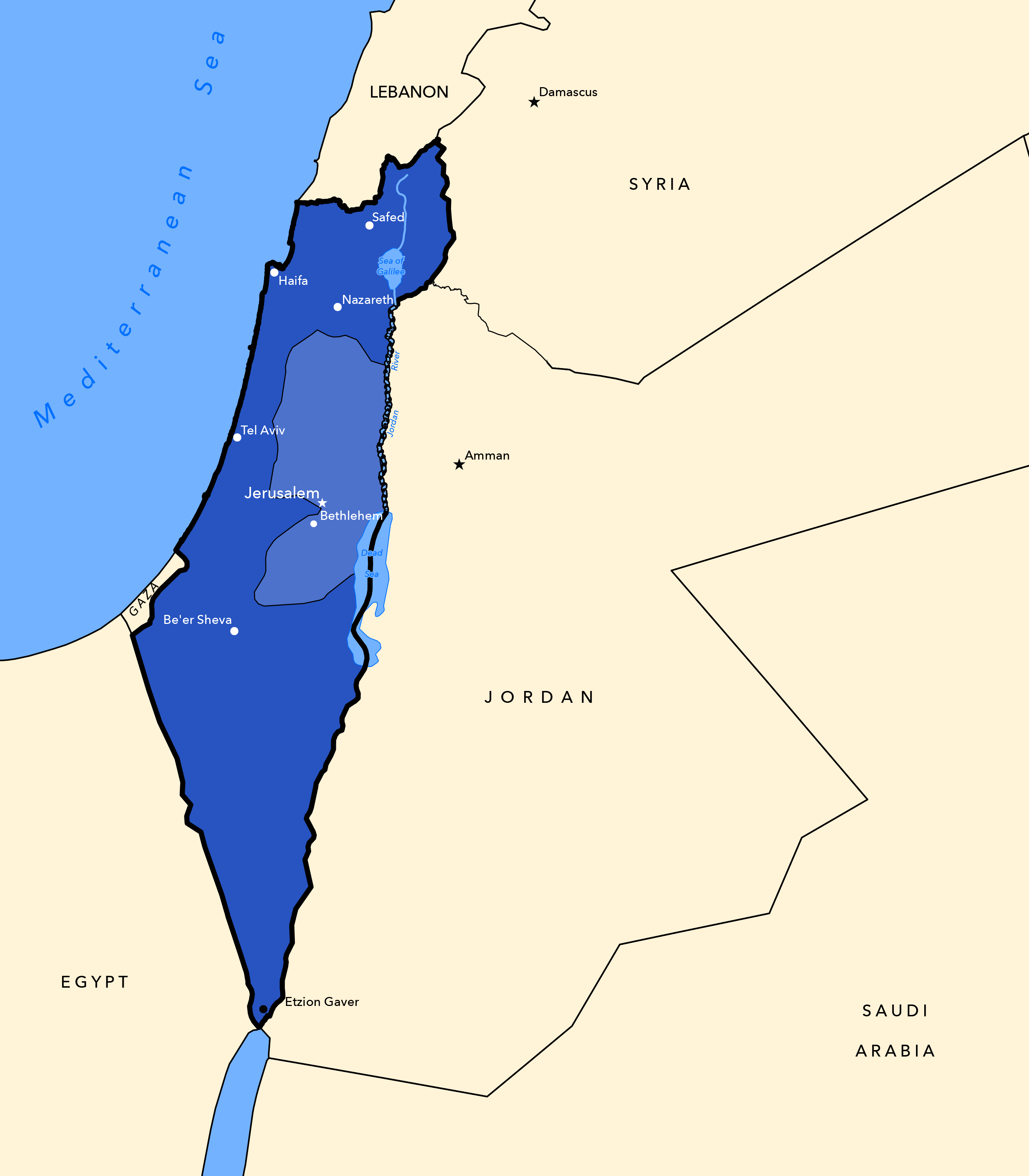Other Key Events Leading up to the Current Political Environment in Israel
Terrorism - Suicide bombings, Intifadas, Rocket attacks
Arab terrorism in Israel first started in the 1920s with waves of anti-Jewish riots. Throughout the last 100 years, Israel has consistently been the target of terror attacks - including plane hijackings, stabbings, shootings, bombings and rocket attacks.
Although Israel has returned the Sinai Peninsula to Egypt and has withdrawn from the Gaza Strip, attacks and threats continue.
From the territories to the north, Hezbollah has fired thousands upon thousands of rockets into Israel. Just In the past couple of years, over 2,600 rockets and mortars have been fired into Israel.
In June, 2007 Hamas gained control of the Gaza Strip from the Palestinian Authority. Since then, more than 12,000 rockets have been fired from Gaza into Israeli towns and villages, killing and injuring numerous and terrorizing the lives of tens of thousands of Israeli civilians.
The BDS Campaign (Boycott, Divestment, Sanctions)
The BDS campaign calls for boycotts, divestments and sanctions against Israel. Its demands include that Israel withdraw to its pre-1967 borders, despite the fact multiple Arab attempts to destroy Israel were launched from within these territories. Perhaps most importantly, it also demands that Israel recognize that all descendants of Arabs living in Israel in 1947 have the "right to return" and live in Israel. This provision is a de facto demand for the end of Israel as the only majority Jewish state, and an end to Jewish self-determination anywhere in the world.
Jewish Refugees and Arab Refugees
In 1948, Israel was once again an independent nation. However, Israeli independence had dire consequences for the Jewish population in Arab countries. Anti-Jewish sentiment was rampant. Property was confiscated, bank accounts were frozen, severe anti-Jewish riots erupted, and pogroms led to the death of many Jews. As a result, about 1,000,000 Jews fled Arab countries, with approximately 800,000 settling in Israel. Israel absorbed all of these Jewish refugees.
In 1947, when the Arabs rejected the UN partition plan, five Arab armies attacked Israel and approximately 700,000 Arabs fled. Some fled because they didn’t want to be in harm’s way, others were urged to flee by the invading Arab armies, who promised to let them return once the expected victory over Israel had been achieved. Arab countries have not absorbed the Arab refugees, thus creating the “Arab Refugee Problem.”
Current Demographics
With less than 1% of the land in the Middle East, Israel is one of the most densely populated countries in the world.
Israel is 17 times more densely populated than the combined 22 Arab countries in the Middle East. This is not because the number of people in Israel is so numerous, it’s because the country is so small.
The British Mandate was partitioned twice, leaving Israel with approximately 10% of original Mandate.
Additionally, Israel has absorbed over 800,000 Jews from Arab countries, approximately 200,000 Jews from Europe, and over 1,000,000 from the former Soviet Union. This was due to unbearable anti-Semitic conditions.
There are 22 countries in the Middle East with an Arab Muslim majority, and 48 countries worldwide with a Muslim majority. There is 1 country with a Jewish majority.
Israel Grants Religious Freedom to All
Israel grants freedom to all, regardless of one’s religious affiliation.
As stated in Israel’s Declaration of Independence, Israel “will ensure complete equality of social and political rights to all its inhabitants irrespective of religion, conscience, language, education and culture; it will safeguard the Holy Places of all religions.” This is in contrast to the time when Jordan controlled these sites between 1949 and 1967 when Israelis were forbidden to enter East Jerusalem.
All Israeli citizens have the right to vote and can run for any political office.
Israel grants access to holy sites to people of all faiths.
Secure and Viable Borders
The right to live in peace within secure, defensible, and viable borders is a requisite to the security and existence of any nation.
This notion is particularly relevant for Israel since a significant portion of the Arab world contests Israel’s right to exist at all. Iran in the east, Hamas in the west, and Hezbollah in the north all have openly vowed to destroy Israel.
Underscoring this view is that eleven Arab countries (Syria, Lebanon, Libya, Kuwait, Iran, Iraq, Pakistan, Saudi Arabia, Algeria, Brunei and Yemen) do not even recognize the right of the State of Israel to exist at all. Six of these countries are so adamant in their beliefs that they will not accept any visitor to their country with evidence of travel to Israel.
At the root of this position is the view of not recognizing any Israeli rights in any part of the Middle-east. Unfortunately, these views are taught in many schools in much of the Arab world.
However, on a positive note, in parts of the Arab world attitudes are changing. In 2020, the United Arab Emirates (UAE), Bahrain, Sudan, and Morocco entered into agreements with Israel (collectively known as the “Abraham Accords”). The parties to the Abraham Accords recognize the importance of maintaining and strengthening peace in the Middle East based upon mutual understanding and coexistence. The parties have agreed to take steps necessary to normalize diplomatic and economic ties.
2023 -2025 Israel Attacked on Multiple Fronts
In the early morning hours of October 7, 2023, Hamas launched a surprise attack against Israel by land, air and sea. Thousands of armed terrorists breached Israeli border fences at various locations. At the same time, armed terrorists using paragliders and boats invaded Israel. In addition, thousands of missiles were launched into Israel from Gaza.
Israeli civilian communities as well as military and police facilities were targeted. More than 1200 Israeli civilians were either gunned down or tortured and killed in their homes. Approximately 240 hostages were taken into Gaza. In the first year of the conflict, more than 26,000 rockets, missiles and drones have been fired into civilian neighborhoods in Israel.
Since Hamas fires it rockets from densely populated civilian areas within Gaza, Israel's response has been slow and measured in order to reduce civilian casualties. This has been an even more difficult task since Egypt and other Arab countries are unwilling to take in any Palestinians.
According to the Gaza Health Ministry, which is controlled by Hamas, there have been more than 60,000 combatant and civilian casualties in Gaza as of October 7, 2024.
During the current war, Israel has facilitated the transfer of large quantities of humanitarian aid, including food, water, and medical supplies, into Gaza for the Palestinian civilian population, often through the Kerem Shalom and Rafah crossings.
Reports from the United Nations and international NGOs have documented that Hamas and other armed groups have seized or diverted significant portions of these supplies, preventing them from reaching civilians in need.
Historically, it is rare - virtually unprecedented - for a nation actively engaged in armed conflict to supply humanitarian aid directly to the population governed by its enemy combatant force. Israel's actions stand out in this regard, as most belligerent states throughout modern history have sought to blockade or deprive an enemy population of resources rather than provide them.
Since the start of the conflict, Israel has been attacked on seven fronts.

